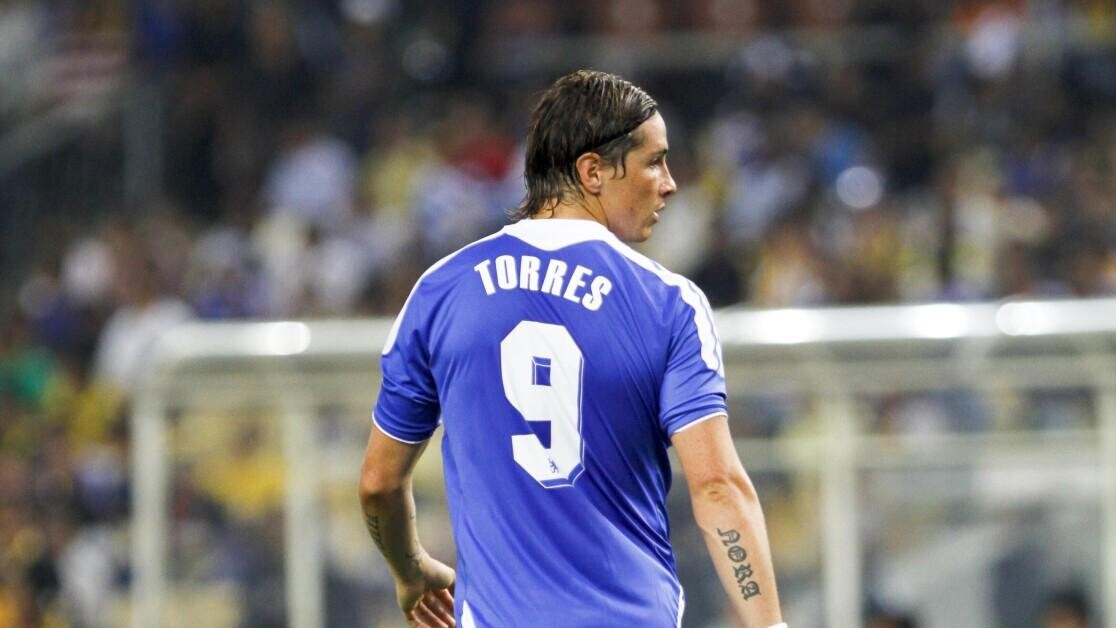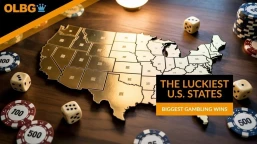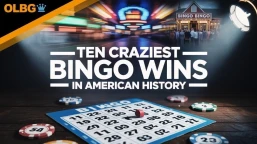
With 30+ years in racing and betting, Darren helps punters develop their skills. As OLBG’s Tipster boss and expert guide, he turns insight into winning strategy.
Last time I wrote about the process of betting from the bookies point of view, I came to the conclusion that whilst bookies are better equipped to make money out of betting than most punters, this doesn't mean that punters can't have a slice of the pie as well.
This is particularly true when some punters do the bookies and indirectly other punters, a favour, by striking bets that they shouldn't strike.
In this blog, I am going to write about some common mistakes that people make and in the next one I will outline how I think people should bet if they want to make a profit.
If you wish to learn more about how bookmakers operate please visit the guide to understanding bookmakers article.
Mistake 1 - Backing Your Own Football Team Because They Are Your Team
We all like to watch our team win and having the bonus of a few pounds in our pockets, when this happens it makes it all the nicer.
But we mustn't forget that the bookmakers support NO ONE and behave in a totally unemotional and logical way.
If you back the team that you support to win a game, this is often because you are failing to learn this one important lesson from your bookie.
You should ask yourself if everything I know about my team was also true of another team, and this team was playing in this game instead, would I still be making the same bet?
Mistake 2 - Focusing On Value And Forgetting About Probability
If you are considering placing a bet on a football match then three things need to be true:
- You have made a careful and unemotional analysis of all the factors that you think are relevant to the outcome of the game and have come to a conclusion about how likely a team is to win
- You have come to trust the results of your analysis of football games.
- You are willing to take the risk that your analysis suggests you will be taking, to get the reward that the odds available will bring.
Many people don't fully understand what I mean by the third point
When you place a bet it should always be the case that the odds implied by your analysis are shorter than the odds available.
But the reverse is not true, it does not mean that whenever the odds available are longer than you think they should be, that you should strike the bet.
Imagine you have found a team that is 200/1 to win a football match (an extreme example I know), but you have done the analysis and you think that the fair odds of them winning is 100/1.
If your analysis is in any way valid, then you have found value because the bookmaker has the team overpriced by a long way.
If the same situation was replicated an infinite number of times then it could be argued that it would make sense to back the team because on the occasions that they win the game, the payouts are big enough to pay for all the times they lost and have a sizable chunk left over as profit.
One problem here is that the situation will, in reality, happen just the once.
The rewards are great if this once happens to be the time that your team wins but by your own analysis you know that there is only around a 1% chance of this happening.

It is my belief that limited betting funds are better used to back value picks that also have a higher probability of winning;
I rarely back an outcome that I do not think is the most likely outcome in a game.
Mistake 3 - Forgetting what you learned in school about probability
All gamblers have a basic understanding of the idea that the less likely to happen something is, the more money they can make if they bet on it and it happens.
We are all looking for things that are likely to happen, but that we can get paid a lot for - this is what the search for value is, but sometimes some bad logic gets applied, for example.
"I see there are events that are really likely to happen and these get priced very short.
I like the fact that they are likely to happen, but I don't like the fact that they are priced so short.
I have just seen an advert from my favourite bookie that says if I put a few bets in a multiple, then I can win more. I will get a lot of the events that are likely to happen, and put them in a multiple. Then I will have a bet that is likely to win, but which pays out a lot of money."
The way I have phrased this here, it is clear to everyone that this logic is flawed, but this really is the way I have seen people think.
They ignore the rule in mathematics that when you are looking at the probability of one thing happening and another thing happening, then you need to multiply the two probabilities.
If team A is priced 1.11 to beat B and C are 1.11 to beat D.
Then if these odds are fair A&C each has a 90% chance of winning (90.09% to be precise).
These outcomes are both likely, but they don't pay that well.
If you double them up, then the pay-out goes from 11% for just A to win, up to 23% for A and C to win, but we mustn't forget that the probability of then both happening is 81% and not still 90%.
The chances of the bet being lost have gone up from 10% to 19%, and the rate of return is still not great.

We can add more events to our accumulator to increase the rate of return, but each time we do so, we will reduce the chances of winning.
If we want to double our money betting on 1.11 shots then we need eight of them.
There is nothing wrong with backing eight 1.11 shots, as long as they are backed in the knowledge that the chances of winning that bet are just over 43% (this actually gives a return of 2.14 times the stake, a return of 1.94 times the stake could be gotten with 7 * 1.11 prices and the chances of winning would be just over 48%).
A punter who doesn't understand the multiplying rule, would probably not expect his chances to be so low.
As long as the odds are all fair, then backing eight outcomes at 1.11 are the same in terms of the likelihood of winning, as backing one outcome at 2.14.
But in the real world, betting odds are not fair.
Bookmakers odds are made up of an element that represents that chance of an outcome happening, and an element of margin for the bookmaker.
When we multiply the 1.11 odds together, we are also multiplying the margin of the bookmaker, we should only think the 8*1.11 is a good deal if when we multiply all the margins together, we have less margin that is in the 2.14 single bet.
In a future blog I will do some calculations about the different margins that bookmakers have on bets in different odds ranges, I think this is a topic that deserves a blog all of its own.
This is part of a series of blogs, read the
previous blog here. and the next blog here.



